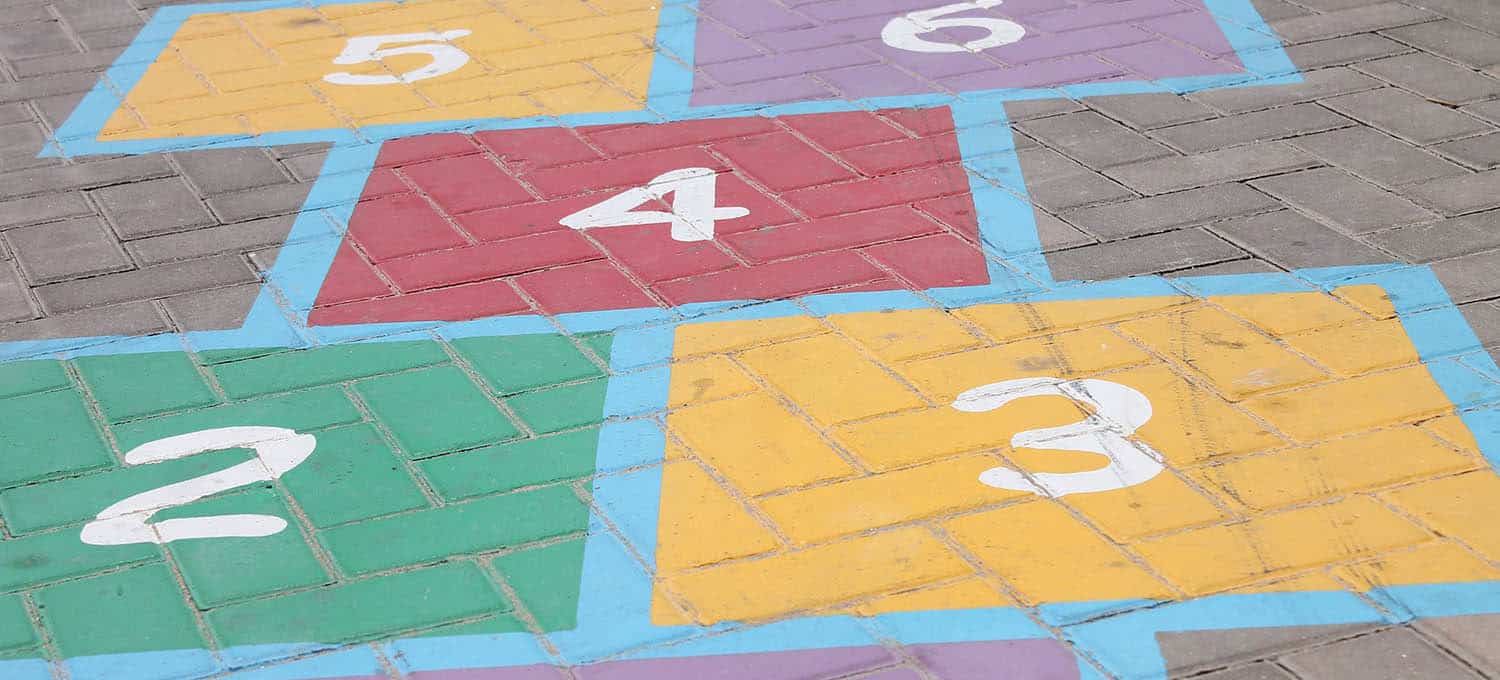
2nd December 2020
Fun Activities For Students: How To Balance Enjoyment & Education
Planning activities that are both fun and have a positive learning outcome is a daily challenge for teachers. There’s a fine line between learning and play especially in the early years of child development. As children travel through their school career, the focus on academic learning becomes stronger and opportunities to learn through play diminish, despite being proven in many studies that there are significant benefits to creating enjoyable learning experiences for children of all ages. Finding ways to teach that balance enjoyment and education is a skill that requires experience – we hope our tips will help!
By the time they come to Primary school, most children will be used to structured play in a nursery or playgroup setting. Structured play involves adult input and a goal, for example, build a house using blocks or completing another challenge. As children get older, teaching can become more focused, with specific tasks and learning objectives to complete but keeping an element of enjoyment and fun can benefit students of all ages and keep them excited about learning and engaged with lessons.
Here are some of our ideas for creating enjoyable learning activities that combine learning and fun.
WORD GAMES
There are a huge number of word games already out there and it’s really easy to create your own around a specific set of words or phrases. We love the idea of creating a wordsearch with new words of the week, or you could try a crossword to introduce a new topic. If you need help, there’s a simple crossword creator here, or why not search Twinkl’s resource library for a ready-made wordsearch around your theme? You can use wordgames to teach basic language skills in early Primary, or how about to teach sets of words in Modern Languages for older pupils?
GROUP GAMES
Group games as part of a structured lesson plan gives children a chance to blow off steam whilst staying on topic. Outdoor games can connect pupils to nature through scavenger hunts or bushcraft. Physical games such as tag or hopscotch can be adapted to have a learning outcome – why not use simple sums in your hopscotch squares? Or use physical competitions such as running short races to study the effect of exercise on the human body. Inside the classroom, group games such as hangman or bingo can be adapted to suit different subjects easily.
TECHNOLOGY
New technology in classrooms give teachers more options when it comes to creating engaging, enjoyable lessons. Using fun new technology, such as education-specific applications on an ipad or programming computer-controlled robots will spark interest and excitement and pupils won’t always realise that they are learning! Allowing pupils to plan and carry out their own projects or experiments with tech will allow them to explore creativity and develop problem-solving as well as foster a life-long interest
If you are looking for educational applications for pupils to play on computers, TeacherVision have created a list divided by subject on some web-based games that should work on most browsers here.
Keeping Control Whilst Keeping Lessons Fun
Many teachers across the world prefer to plan teacher-led activities especially if behaviour is an issue in the class. Behaviour management might seem easier when students are all silently facing the front listening to the teacher, but boredom and restlessness can cause disruptions themselves. Worse, lessons with no elements of fun or enjoyment could lead to pupils thinking all learning is boring, not just theirs! When allowing pupils to take part in more unruly activities, play group games that involve shouting out or go outside, it’s vital you have a set of rules that everyone is committed to. Not talking over others, not shouting out when it’s not part of the task and making sure all equipment is returned in the same condition are the basics, but you might ask your class to contribute more ideas for ultimate engagement! Follow through on punishments and encourage a culture of group responsibility – one person shouldn’t spoil things for others by acting out. If you have trouble getting all of your pupils to participate, our recent article “Techniques To Encourage And Support Children To Participate In Class” should have some useful tips.
Pinterest is a fantastic resource for teachers looking for fun new learning activities. We’ve got lots of regularly updated boards with hundreds of ideas for fun lessons and learning activities – find our boards here. We hope that these ideas have given you some inspiration for bringing on extra dose of fun into your classroom!
Book a consultation call with Engage!
Book a consultation call with us to discover how Engage Education can support you!
Book a timeRecommended for you
Ways to support your students during Ramadan
What is Ramadan? Ramadan, the ninth month of the Islamic calendar has...
- Your Career
- •
- 3 Min Read
Safer Internet Day 2024
What is Safer Internet Day? Safer Internet Day is a globally celebrated...
- Your Career
- •
- 3 Min Read
How to prepare for a successful school year as a teacher
The beginning of a school year can be daunting and nerve-racking but...
- Your Career
- •
- 3 Min Read

